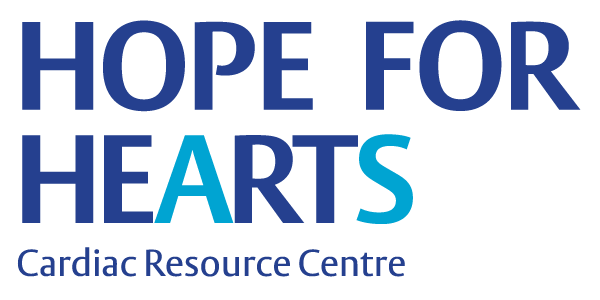Daily thoughts (mindset) and actions (behaviours) can impact your wellbeing. The hormones dopamine, endorphins, oxytocin and serotonin are four significant chemicals that can influence emotional wellbeing and may impact physical heart health.
Lifestyle wellbeing
Medicine has long supported the concept of a mind-heart connection or understanding that connections between the nervous system, hormonal responses and the brain can affect the heart. There is also a link between the “happy hormones” known as dopamine, endorphins, oxytocin and serotonin, and boosting these hormone levels may positively affect the heart.
Lifestyle wellbeing activities aligned with good healthy choices can have a positive impact, not just on heart health but on your emotional and social wellbeing. Daily habits and routines can help you create these energy-boost hormones within and impact your sense of belonging or connection.
Below is an explanation of these four ‘happy hormones’ and ways to improve your heart health, along with prioritising your time and following your passions, either alone or in interactive activities.
The four ‘happy’ hormones
Dopamine
Feelings of accomplishment and satisfaction can boost joy and bliss with completing tasks. Dopamine is a motivation and reward system and the chemical known for affecting memory, attention, and concentration. The brain releases dopamine when expecting a reward. Anticipation of an event or situation can raise dopamine levels.
Ways of increasing dopamine levels are human touch, foods with tyrosine (such as cheese, eggs, and berries), listening to your favourite music, and restorative sleep. Being involved in an activity, you enjoy not only increases dopamine levels but can also reduce cortisol (a stress hormone).
Endorphins
Endorphins are the body’s natural ‘pain killers’ and stress fighters, reducing stress and anxiety whilst boosting self-esteem or a feeling of wellbeing. This chemical is produced naturally by the nervous system and can improve sleep quality and quantity, impacting the body’s ability to reduce stress.
The following are ways the body may produce endorphins: vigorous exercise (such as running), spicy foods (such as chillies and peppers), chocolate, watching tear-promoting movies, stretching/yoga or pilates, deep breathing (such as in for 4, hold for 4, out for 4, rest for four and repeat) and of course, meditation can be helpful.
Oxytocin
Oxytocin has many physical and psychological effects and is a hormone and a neurotransmitter (chemical messenger). It is often referred to as the Love hormone.
Oxytocin promotes human bonding, love and trust; it increases empathy and is the hormone released during childbirth and sexual arousal. Meditation and yoga are ways oxytocin can improve mood, decrease stress, and calm the nervous system.
Serotonin
Serotonin is a neurotransmitter and is involved in bodily processes such as mood regulation, digestion, reducing anxiety and the ability to cope under stress. It is often referred to as the ‘mood stabiliser’. Mindful practices such as being present, being grateful, massage, exercise, and responsible exposure to sunlight are practices believed to induce positive feelings and help you feel more sociable.
These suggestions are not conclusive, and always check with your Doctor/Cardiac specialist before engaging in lifestyle changes or physical activities; regarding cardiovascular disease prevention or rehabilitation.
Written by Raelene Dal Santo
Disclaimer This information is general and not conclusive. Follow any guidelines and advice from your doctor or specialist, health care or multidisciplinary team, for your personalised patient centred needs and care. Inquire about a patient advocate group regarding your specific needs. Call 000 if you experience chest pain.
All information contained in this article has been derived from Hope for Hearts, a cardiac resource centre.
To find a GP or a Cardiologist near you, visit www.hopeforhearts.com.au
Connect the Docs www.connectthedocs.com.au is a medical marketing agency specialising in therapy awareness campaigns, educating medical professionals and patients about common conditions.

